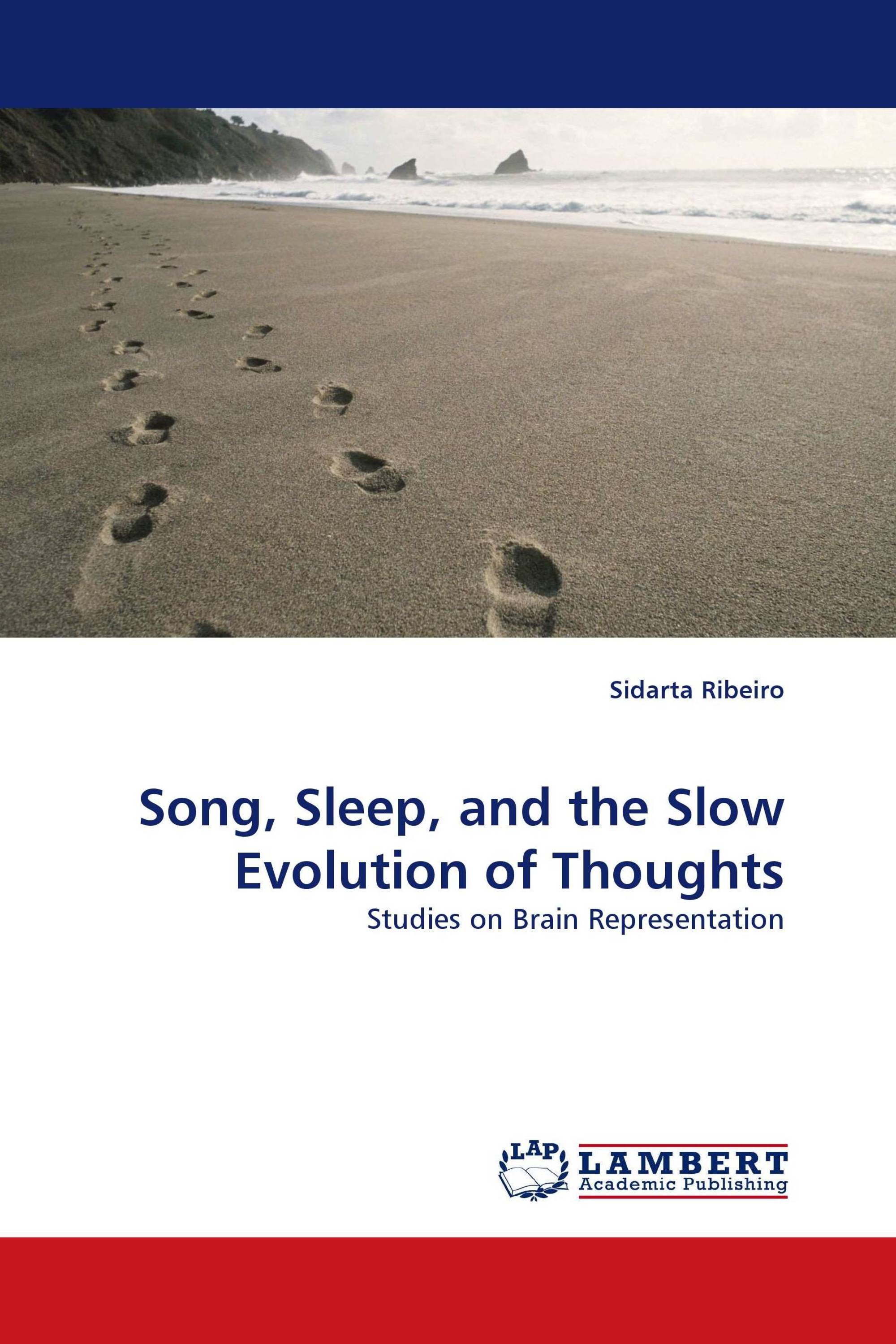How do brains learn? Expression of a plasticity-related immediate early gene (IEG) was mapped to investigate the neural mechanisms of song memorization in canaries and the role of sleep for memory consolidation in rats. Chapter one shows that a song-responsive forebrain nucleus carries a topographic representation of the syllabic repertoire. This representation is tuned to natural stimuli, can be modified by experience, and depends on attention. Chapter two demonstrates that sleep can either increase or decrease IEG expression in the brain, depending on whether the animal experienced novel stimuli during the preceding waking period. Chapter three presents an effort to understand what thoughts are. It is hypothesized that a thought is a self-propagated wave of electrical activity along a particular recursive trajectory in the neuronal matrix. This hypothesis is used to build a plausible historical narrative of the coevolution of brains and thoughts, from their ancient origin in the Precambrian to the present.
Book Details: |
|
|
ISBN-13: |
978-3-8383-1803-5 |
|
ISBN-10: |
383831803X |
|
EAN: |
9783838318035 |
|
Book language: |
English |
|
By (author) : |
Sidarta Ribeiro |
|
Number of pages: |
220 |
|
Published on: |
2010-05-22 |
|
Category: |
Biology |
